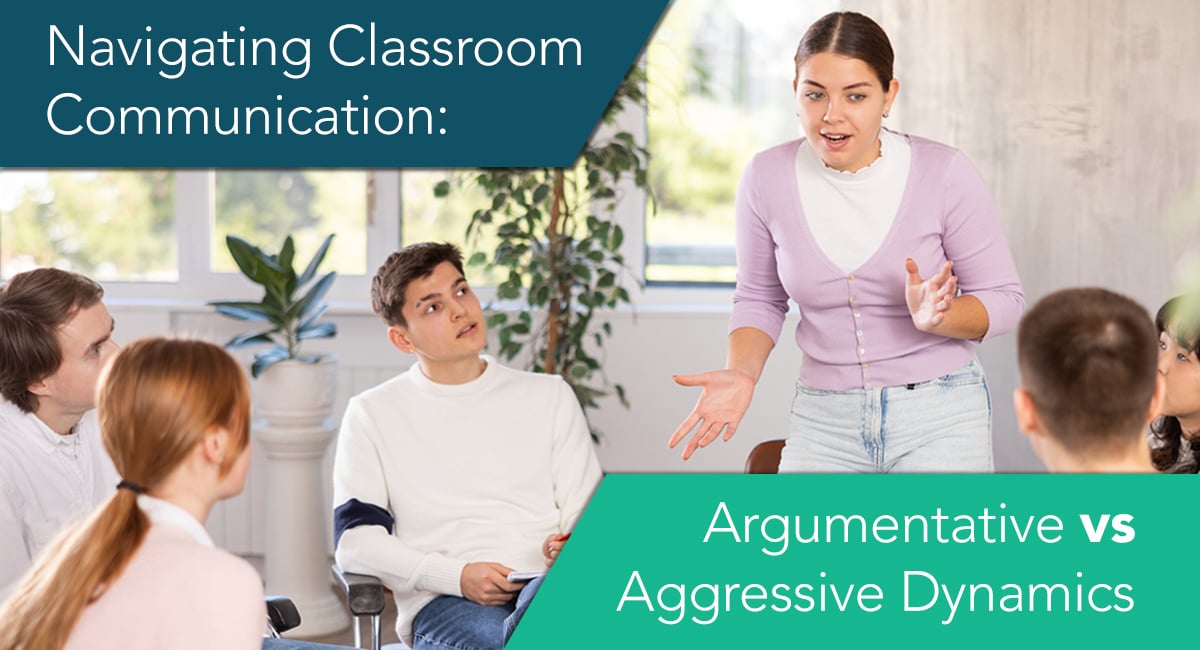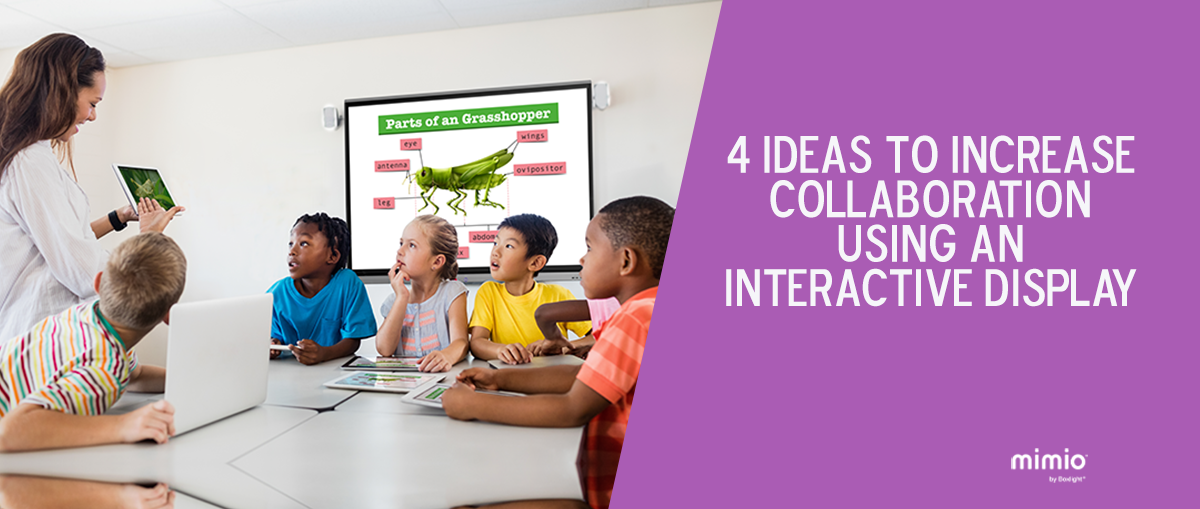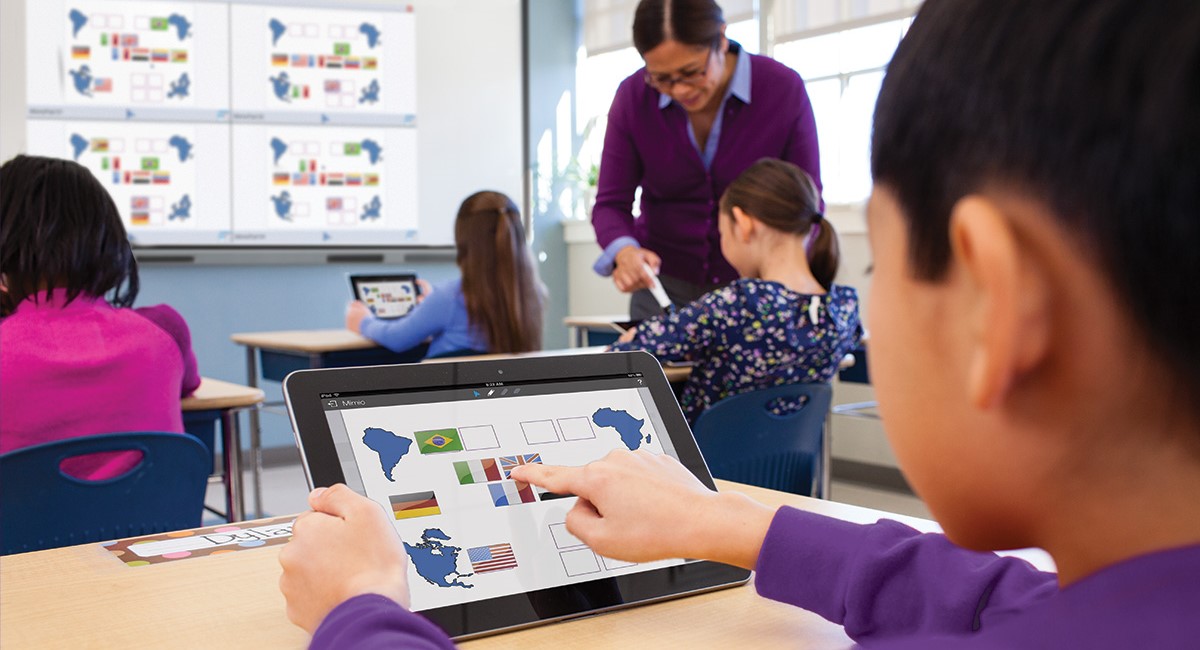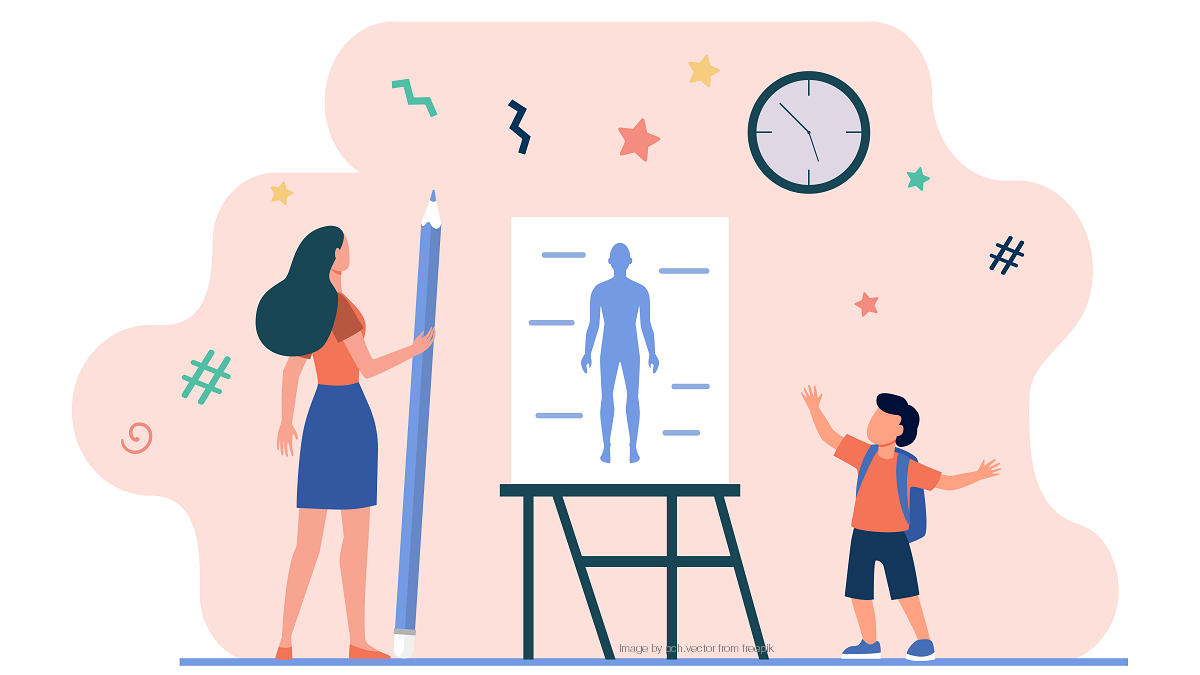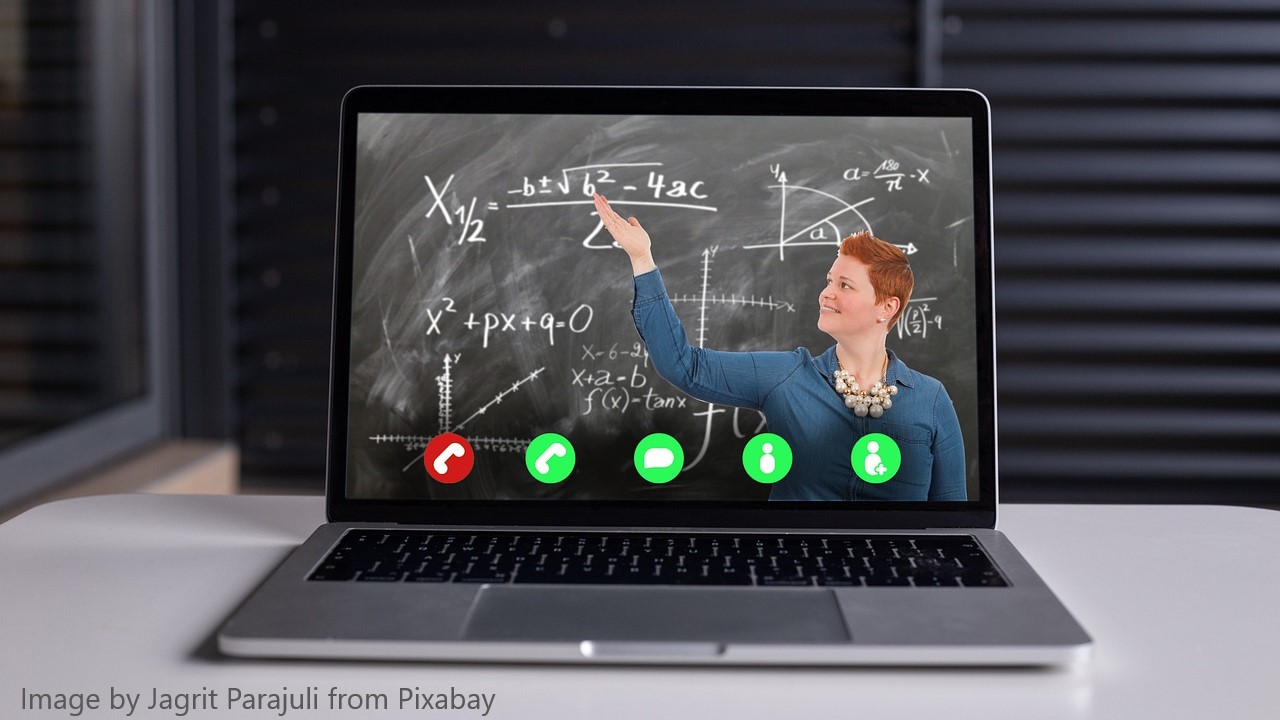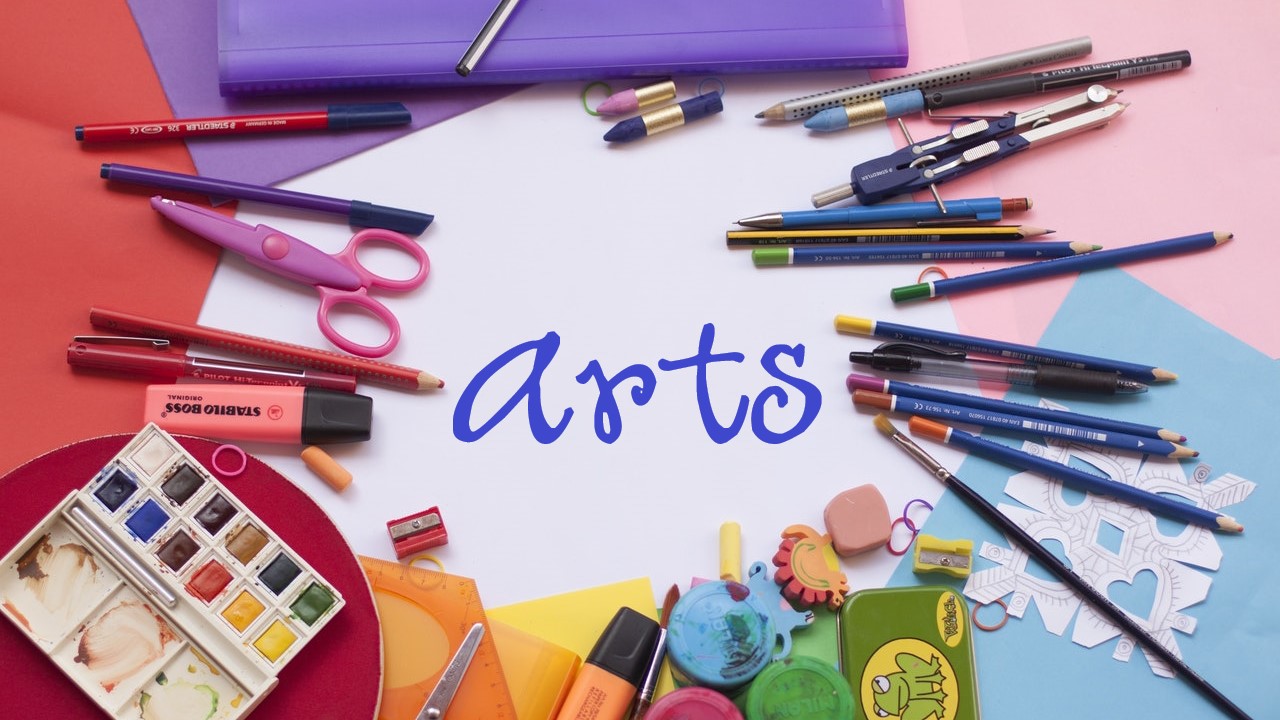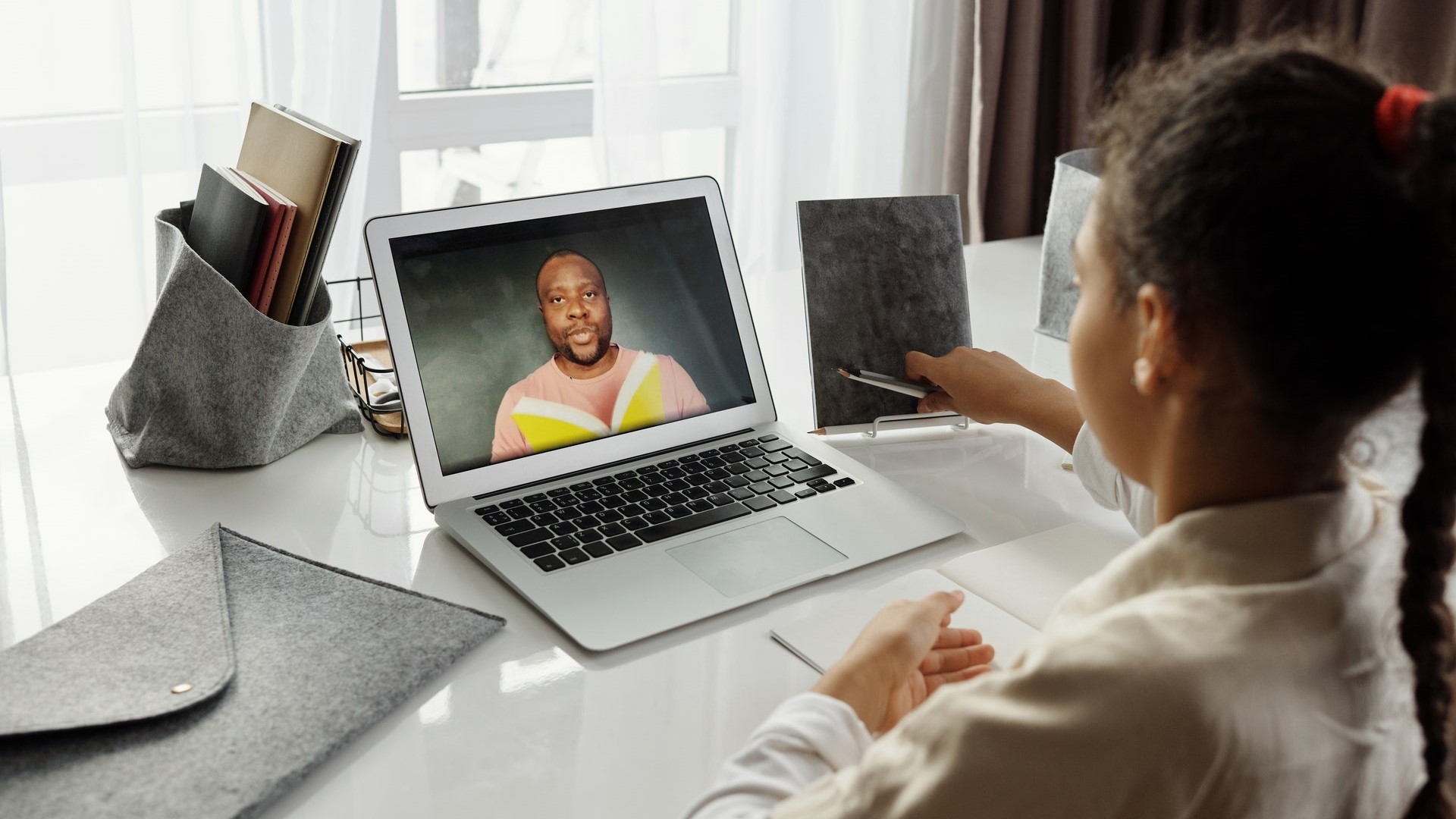Communication dynamics between educators in the realm of education, the art of constructive argumentative communication is crucial for the holistic development of students. This form of communication is not solely based on the ability to articulate viewpoints but hinges on a combination of cognitive development, environmental influences, and emotional intelligence. As students navigate the intricate landscape of ideas and discussions, their capacity to engage in reasoned debate depends on critical thinking, problem-solving skills, the presence of positive role models, an encouraging classroom ambiance, and a keen sense of both empathy and self-awareness. Each of these components plays an integral role in shaping a student's ability to communicate their perspectives in a constructive, respectful manner. and students can profoundly influence the classroom environment. As professionals dedicated to nurturing future generations, understanding these dynamics becomes imperative. It's not just about conveying information - it’s also about fostering a positive atmosphere conducive to growth and exploration. Communication researchers have articulated the nuanced distinction between argumentative and aggressive communication and for educators, understanding this distinction is crucial. A deeper exploration of their findings can help educators refine their communication style to foster vibrant, effective classrooms.
Navigating Classroom Communication: A Deep Dive into Argumentative vs. Aggressive Dynamics
Topics: collaborative learning, Student Engagement, tips for teachers, student learning, communication, Classroom Communication
4 Ideas to Increase Collaboration Using an Interactive Display
Interactive learning has moved from being an innovative strategy to a ‘must do’ to keep students engaged in the classroom. As technology has become more beneficial for instruction and student learning, teachers are at the forefront of why, how, and when to use ed tech effectively and efficiently. Interactive displays support connected and collaborative experiences for students, even if they’re remote learning. With more features and applications available on displays, teachers are incorporating their use regularly and seeing student participation and active learning improving in their classrooms.
Topics: Classroom Technology, Education Technology, Student Engagement, tips for teachers, student learning, interactive displays
Topics: Classroom Technology, Education Technology, Student Engagement, student learning, interactive displays, CleverShare
The past couple of decades have shown that the pace at which technology has influenced teaching and learning is moving at hyper speed, and within the past two years – warp speed. Not only have this generation’s students grown up in a technology-rich environment, but they also benefit from lessons and activities that are interactive and immersive. Educators have seen the advantages of implementing educational technology, like interactive whiteboards, that offers students multiple opportunities to engage and collaborate with others.
Topics: Education Technology, Interactive Whiteboard, MimioTeach, Student Engagement, student learning
Have you hit your rhythm with lesson planning, teaching, meeting with students, and grading assignments? Are your students excited each time they walk in the classroom or turn on their web cameras for remote learning? Do you wake up each morning with so much energy that the cup of coffee you pour is really unnecessary? While there may be moments of ‘Yes’, it can also be ‘Sometimes’, and ‘I wish’; regardless, your work and efforts to make learning an enjoyable and active learning experience is appreciated.
Topics: Education Technology, Student Engagement, tips for teachers, student learning
Coming into this new school year has been a mixed bag of emotions for everyone: anxiety, disappointment, frustration, excitement, sadness. Because many schools are starting the year with remote learning, add stress and hopelessness to the list especially for those juggling more than one child in school, work responsibilities, and maintaining some semblance of balance at home. There are quite a few social media posts of children trying hard to be excited for learning online but struggling (haven’t we all seen the little boy lying across his chair out of view of his teacher during a virtual session?!). Understandably, this leads to concerns of substantial learning loss for our students.
Topics: Student Engagement, distance learning, student learning, remote learning
I love feedback. I appreciate how feedback has helped me to improve in different aspects of my life. I believe in giving feedback that makes someone feel good about a job well done. For me, feedback is essential to growth! Yet, I can remember countless afternoons struggling to write feedback on all my students’ essays before the next class session. I wanted to be thorough and write about all of the points I’d reference in the lessons but my hands would cramp, my brain was mush, and by the last student’s paper I was barely writing a sentence or two that I hoped would help them improve. It wasn’t until a colleague showed me what she did — quick notes on each student’s work as she walked around and observed them during independent work time — that I began to feel like my time was being used more effectively and my students were able to implement recommendations as they worked. I also found that because I was saving time, I could talk with each student and really understand their comprehension and academic needs. Those quick convos with each student were some of my favorite times as a teacher.
Topics: Student Engagement, tips for teachers, distance teaching, student learning, effective feedback
Talking about math is more than merely describing the steps in solving a problem (“First, add the ones, then the tens. If you need to regroup, do that.”). Math discussions are focused on the process of working towards a solution, understanding how others’ think about that process, and developing a plan for similar problems. Students should be pushed to think beyond an explanation of steps to an explanation of process, including making errors and how those were resolved. They should also be encouraged to use different methods and tools when solving a problem, then sharing these ideas with others to build a bank of strategies. In a physical classroom, this can be challenging so how can it be done while distance teaching? More than that, how can it be done successfully?
Topics: Math, Student Engagement, tips for teachers, distance learning, distance teaching, student learning
Topics: Student Engagement, STEAM, teacher resources, steam education, student learning
As more and more school districts are making decisions about schools reopening and how learning will take place, an approach that is being considered is blended learning. It is doubtful that many have not already heard of blended learning so let’s refer to its simplest form – bricks and clicks learning (‘bricks’ is face-to-face learning in a physical classroom; ‘clicks’ is online learning in a virtual classroom). Most teachers and students have experience using desktops, laptops, and/or tablets to do things such as research information or take state tests. So, bricks and clicks is familiar and in some cases a whole school initiative.
Topics: Student Engagement, tips for teachers, blended learning, student learning

